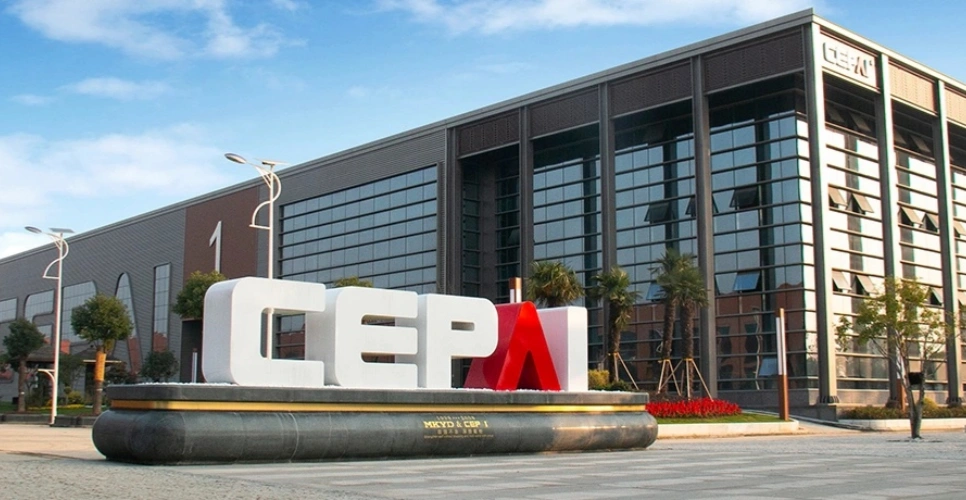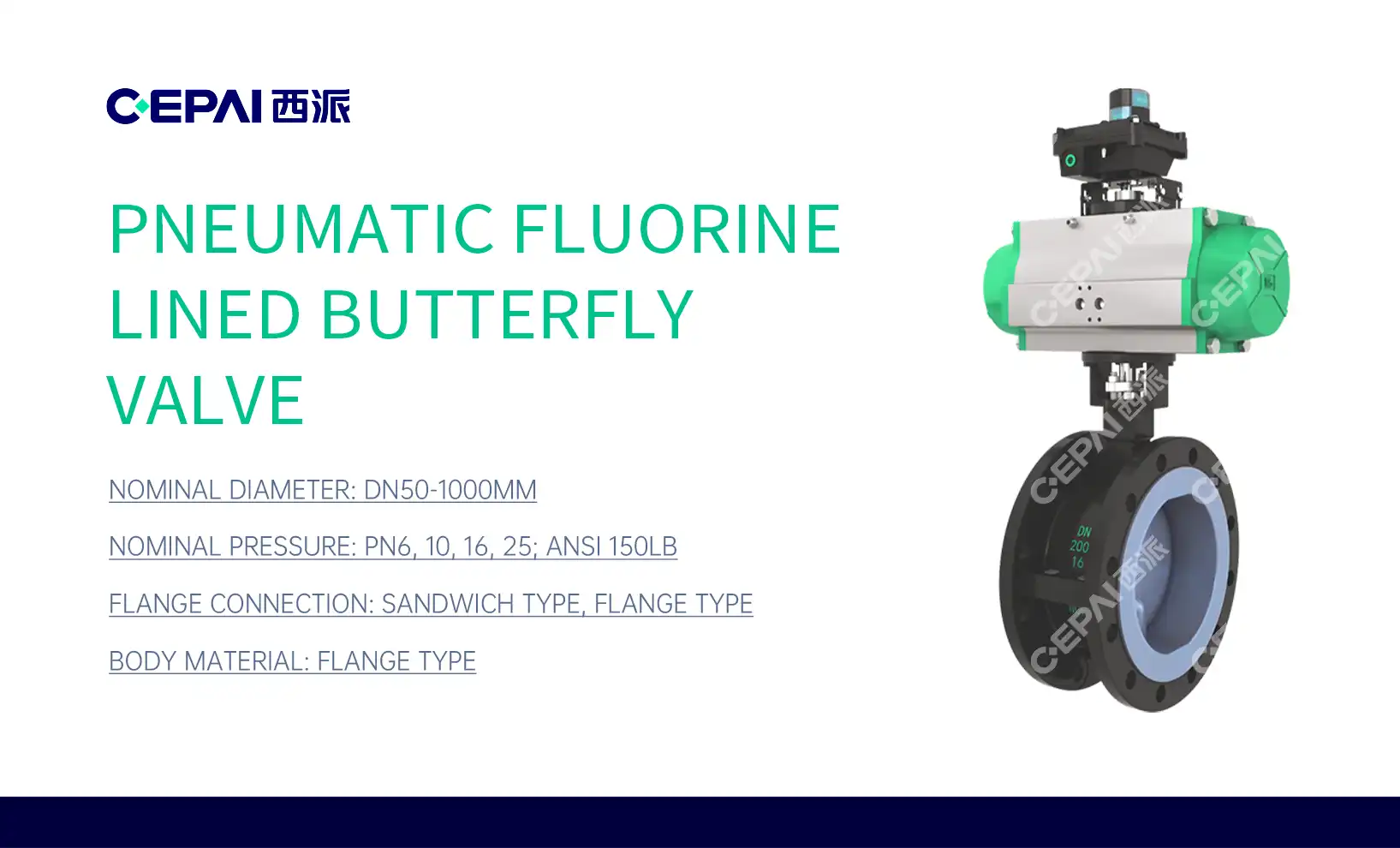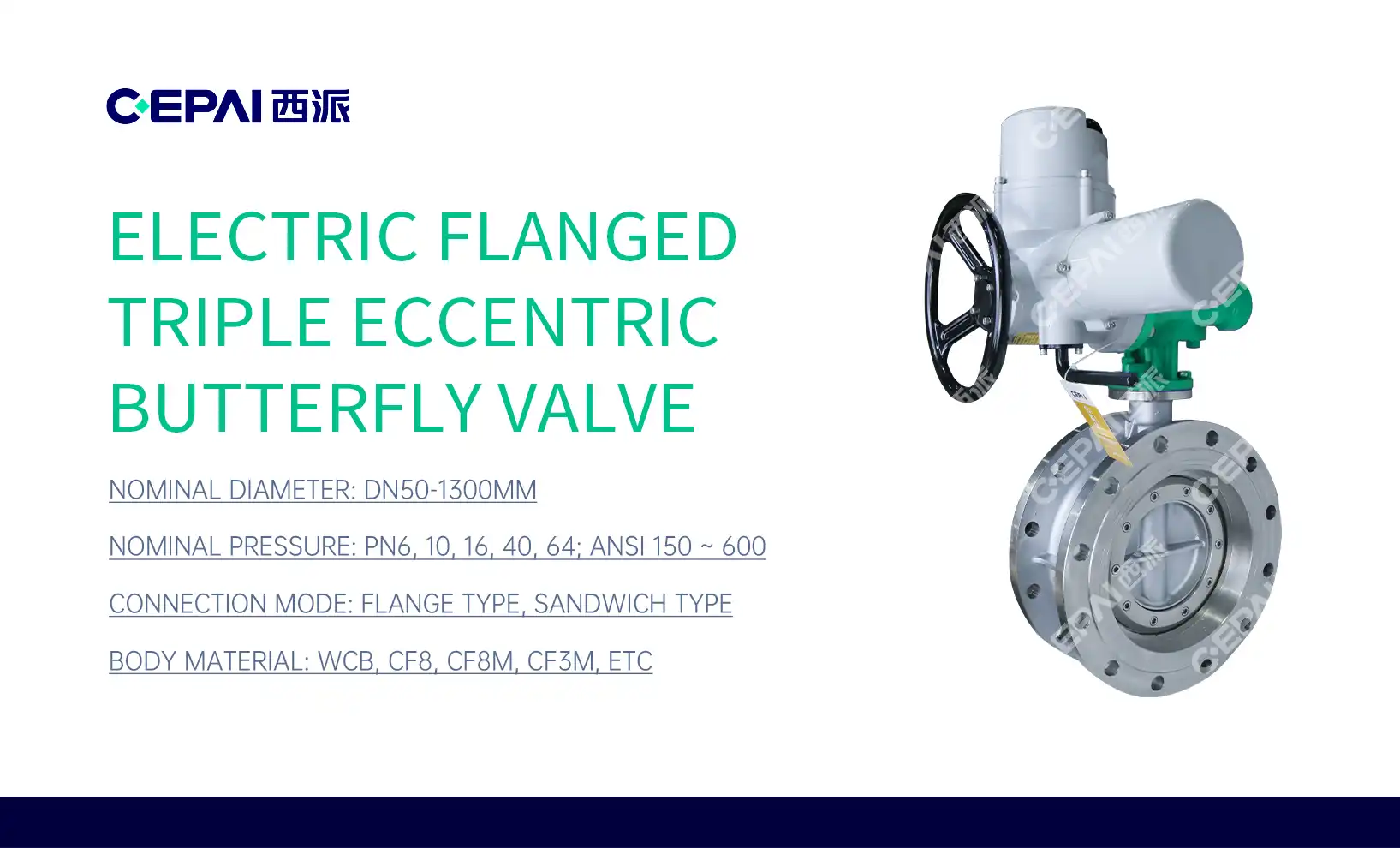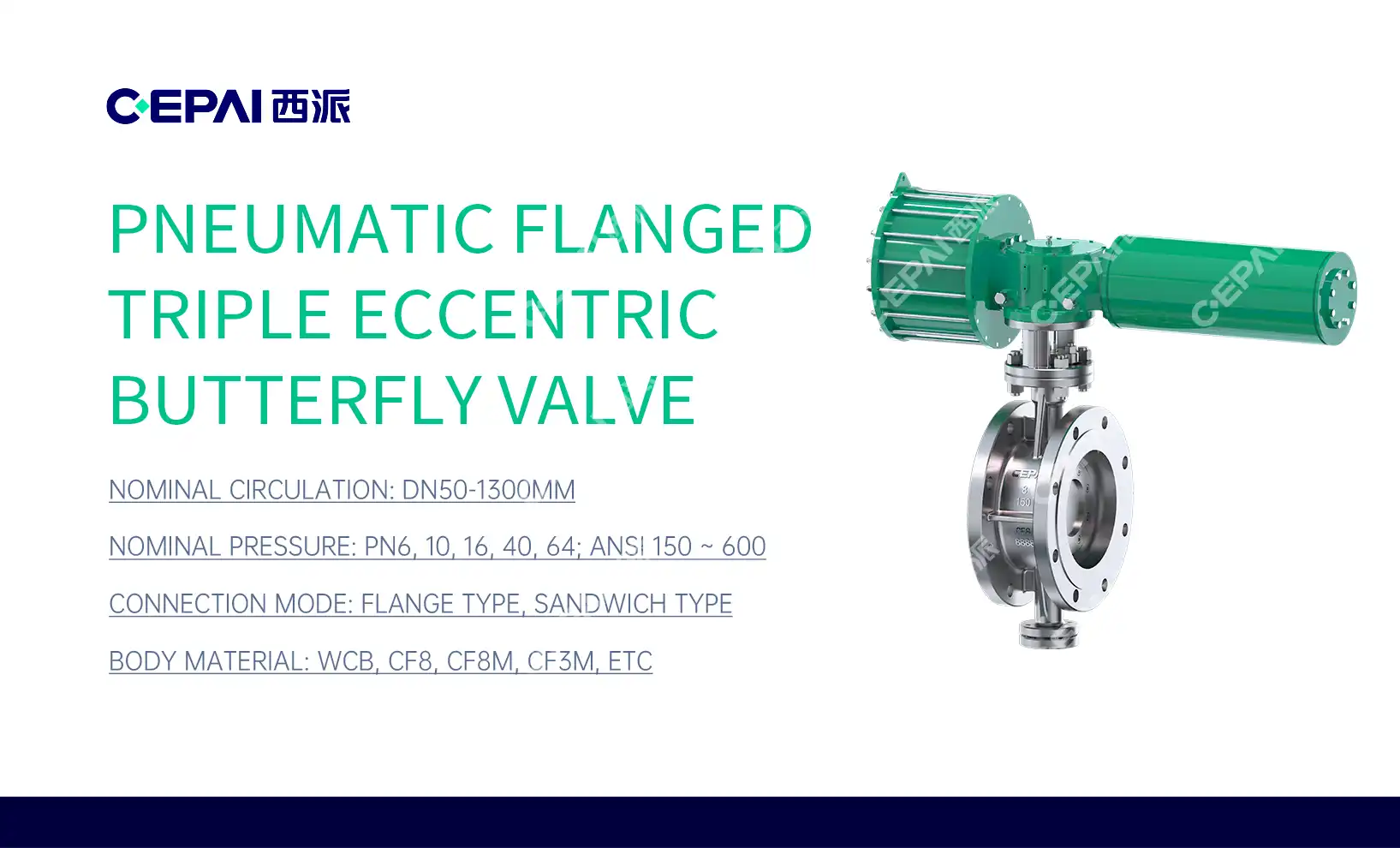The Evolution of Control Valve Manufacturing
Traditional Manufacturing Challenges
Control valve production has historically been a complex process, requiring skilled craftsmanship and meticulous attention to detail. Manufacturers faced numerous challenges, including inconsistent quality, time-consuming manual processes, and limited production capacity. These obstacles often led to longer lead times and higher costs, impacting both manufacturers and end-users.
Emergence of Automation in Valve Production
The introduction of automation in control valves factories marked a significant turning point. Initial automation efforts focused on simple repetitive tasks, gradually expanding to more complex operations. This shift began to address some of the limitations of traditional control valves manufacturing methods, paving the way for more efficient production lines.
Advanced Automation: A Game-Changer
Today's advanced automation systems represent a quantum leap in manufacturing capabilities. These systems incorporate machine learning, real-time data analytics, and adaptive manufacturing processes. The result is a highly flexible and efficient production environment that can quickly respond to changing market demands and product specifications.
Key Components of Advanced Automation in Control Valve Factories
Robotic Assembly and Precision Machining
Modern control valve factories leverage state-of-the-art robotic systems for assembly and machining. These robots, equipped with advanced sensors and precision tools, can perform intricate tasks with a level of accuracy that surpasses human capabilities. From precise welding to micron-level machining, these robotic systems ensure consistency and quality in every valve produced.
AI-Driven Quality Control Systems
Artificial Intelligence plays a crucial role in quality assurance within automated control valves factories. AI-powered vision systems can detect even the slightest deviations from control valves specifications, ensuring that each valve meets stringent quality standards. These systems can analyze thousands of data points in real-time, identifying potential issues before they become problems and continuously improving the manufacturing process.

Internet of Things (IoT) Integration
The integration of IoT technologies in control valve production creates a smart, interconnected factory environment. Sensors throughout the production line collect vast amounts of data, from material properties to equipment performance. This data is then analyzed to optimize production flows, predict maintenance needs, and ensure optimal resource utilization. The result is a more efficient, responsive, and sustainable manufacturing process.
The Impact of Advanced Automation on Control Valve Production
Enhanced Precision and Consistency
One of the most significant benefits of advanced automation in control valve manufacturing is the dramatic improvement in precision and consistency. Automated systems can maintain tight tolerances consistently over long production runs, ensuring that each valve meets exact specifications. This level of precision is crucial in industries where even minor variations can have significant consequences, such as in oil and gas operations or chemical processing plants.
Increased Production Efficiency and Capacity
Advanced automation has dramatically increased the production capacity of control valve factories. Automated systems can operate continuously, with minimal downtime for maintenance or reconfiguration. This increased efficiency translates to shorter lead times and improved responsiveness to customer demands. Furthermore, the flexibility of modern automated systems allows for rapid changeovers between different valve types or sizes, enabling manufacturers to efficiently produce a wide range of products.
Customization and Flexibility
Contrary to the notion that automation leads to standardization, advanced automated systems actually enhance the ability to customize control valves. Modern production lines can quickly adapt to different specifications, materials, and designs. This flexibility allows manufacturers to offer a broader range of customized solutions without sacrificing efficiency or cost-effectiveness. Customers benefit from valves tailored to their specific needs, improving performance and longevity in their applications.
The Future of Control Valve Manufacturing
Emerging Technologies and Their Potential Impact
The future of control valve manufacturing looks even more promising with emerging technologies on the horizon. Advancements in 3D printing, for instance, could revolutionize the production of complex valve components, allowing for designs that were previously impossible or impractical to manufacture. Additionally, the integration of augmented reality (AR) in quality control and maintenance processes could further enhance efficiency and accuracy in valve production.
Sustainability and Environmental Considerations
As industrial sectors increasingly focus on sustainability, automated control valve factories are well-positioned to lead in environmentally responsible manufacturing. Advanced automation enables more efficient use of resources, reduces waste, and allows for the integration of eco-friendly materials and processes. These factories can optimize energy consumption and minimize their carbon footprint, aligning with global sustainability goals.
Workforce Evolution and Skill Development
The rise of automation in control valve manufacturing doesn't spell the end for human workers; rather, it's transforming the nature of work in these factories. There's a growing demand for skilled technicians and engineers who can operate, maintain, and optimize these advanced systems. This shift is creating new career opportunities and driving the need for continuous learning and skill development in the workforce.
Conclusion
The impact of advanced automation on modern control valves factories is profound and far-reaching. By enhancing precision, efficiency, and flexibility, these technological advancements are reshaping the control valves industry landscape. As we look to the future, the continued evolution of automated manufacturing processes promises even greater innovations in control valves design and production. This technological revolution not only benefits control valves manufacturers but also end-users across various industries, ensuring more reliable, efficient, and customized solutions for their fluid control needs.
Contact Us
Experience the future of control valve technology with CEPAI Group. Our advanced automated manufacturing processes ensure unparalleled quality, precision, and customization in every valve we produce. Whether you're in oil and gas, chemical processing, or any industry requiring top-tier fluid control solutions, we have the expertise and technology to meet your needs. Contact us at cepai@cepai.com to discover how our innovative approach can enhance your operations and drive your success.






